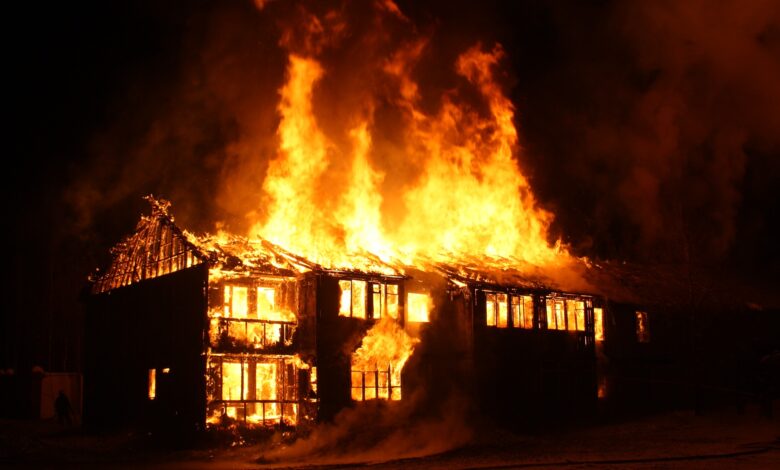
6 Reasons Why March is Fire Prevention Month
In 1966, then President Ferdinand Marcos Sr. signed Presidential Proclamation No. 115-A, which declared March Fire Prevention Month. Here are 6 reasons that back this up:
Public Awareness
The Bureau of Fire Protection has noted that fires frequently occur during both March and April, which are peak months of the summer season. So, we need to raise public awareness about fire prevention at a time when weather conditions heighten this risk.
Community Engagement
Fire Prevention Month is an opportunity for Filipinos to become more involved in fire safety initiatives. We can carry out this matter by organizing fire drills, seminars, and outreach programs.
Educating the Masses
We need to equip communities with the knowledge and skills to prevent, prepare for, and respond to fire emergencies effectively. This can come in the form of fire safety tips, evacuation procedures, and first aid techniques.
Enforcement of Existing Regulations
We also allot March to further enforce fire safety regulations and building codes that are already established. For example, stakeholders conduct routine inspections to identify and address fire hazards in residential, commercial, and public buildings.
Partnership Building
There is collaboration among various stakeholders, which include government agencies, non-governmental organizations, the private sector, and community groups. Therefore, we can implement response strategies at the local, regional, and national levels.
Evaluation and Improvement
Lastly, we have a framework for evaluating how effective the existing fire safety programs are and identifying areas for improvement. When we gather feedback from stakeholders and assess the outcomes of these programs, authorities can improve on them.
READ: El Niño 2024: How To Keep Your Home Safe
In the Philippines, March is Fire Prevention Month because of the weather patterns and their relation to how many fires occur within that period. So, it is important that we align with these objectives so that we can prepare ourselves in case of an emergency.

